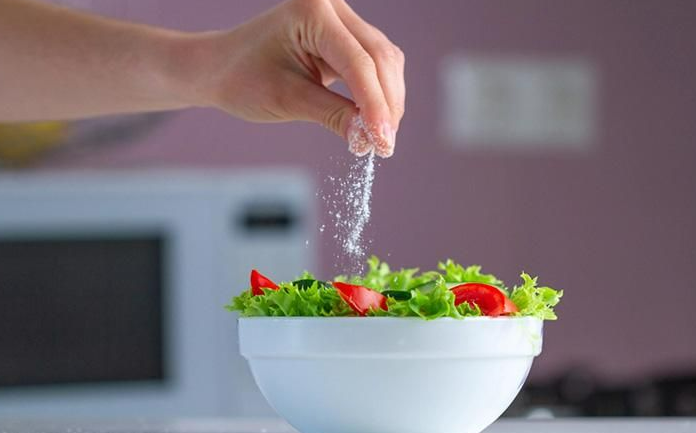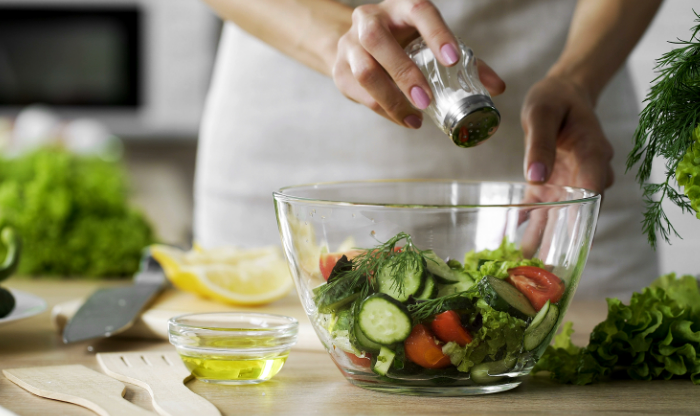
The Benefits of Salt Substitution
Published in the journal Annals of Internal Medicine, the study revealed that using a salt substitute in cooking is linked to a lower risk of mortality from any cause or cardiovascular disease.
Dr. Loai Albarqouni, the senior author of the study and an assistant professor at the Institute for Evidence-Based Healthcare at Bond University in Australia, expressed excitement about the long-term effectiveness of salt substitutions in improving cardiovascular outcomes. Previous research often focused on short-term effects lasting only a few weeks.

The study, a systematic review of 16 randomized controlled trials involving 35,251 participants, predominantly in China, found that salt substitution was associated with reduced sodium levels in urine and blood pressure, similar to the effects of blood pressure medications. This reduction in risk of death could be attributed to these effects.
However, the authors noted limitations in the trials, including variations in the types of salt substitutes used and differences in salt consumption patterns between Asian and Western populations.
Dr. Andrew Freeman, a preventive cardiologist at National Jewish Health in Denver, emphasized the importance of reducing sodium intake but cautioned against overreliance on salt substitutes. While potassium is beneficial, he highlighted that salt, regardless of its type, should be consumed in moderation. Instead, he recommended obtaining potassium from fruits and vegetables, which are rich natural sources of the mineral.
Strategies for Lowering Salt Intake and Ensuring Heart Health
Reducing your salt intake is crucial for maintaining heart health, according to the American Heart Association (AHA), which recommends a daily sodium limit of 1,500 milligrams for most adults, especially those with high blood pressure, and no more than 2,300 milligrams per day.
Dr. Loai Albarqouni, speaking via email, emphasized the importance of monitoring sodium intake, particularly for individuals whose diet consists mainly of packaged or restaurant food. Signs of excessive sodium consumption include bloating, fatigue, high blood pressure, increased thirst, and frequent urination. Seeking advice from a healthcare professional or nutritionist can help address concerns about sodium intake.
When buying packaged foods, it’s essential to check the sodium content on labels, as some products, such as poultry and cereals, may contain more sodium than expected. Dr. Andrew Freeman noted that even seemingly innocuous items like pickles can have high sodium levels.
In addition to cutting out salt from home cooking, individuals can explore alternatives such as salt substitutes or salt-free seasonings to enhance flavor. However, the safety of salt substitution, especially for those sensitive to micronutrient changes like potassium, requires further investigation.
Although transitioning to a lower-sodium diet may initially seem bland, taste buds can adapt within a few weeks. Dr. Albarqouni emphasized that reducing sodium intake is just one aspect of heart disease prevention, alongside dietary changes, smoking cessation, and increased physical activity. Salt substitutes offer a valuable tool in managing cardiovascular risk but should be viewed as part of a holistic approach to heart health.
